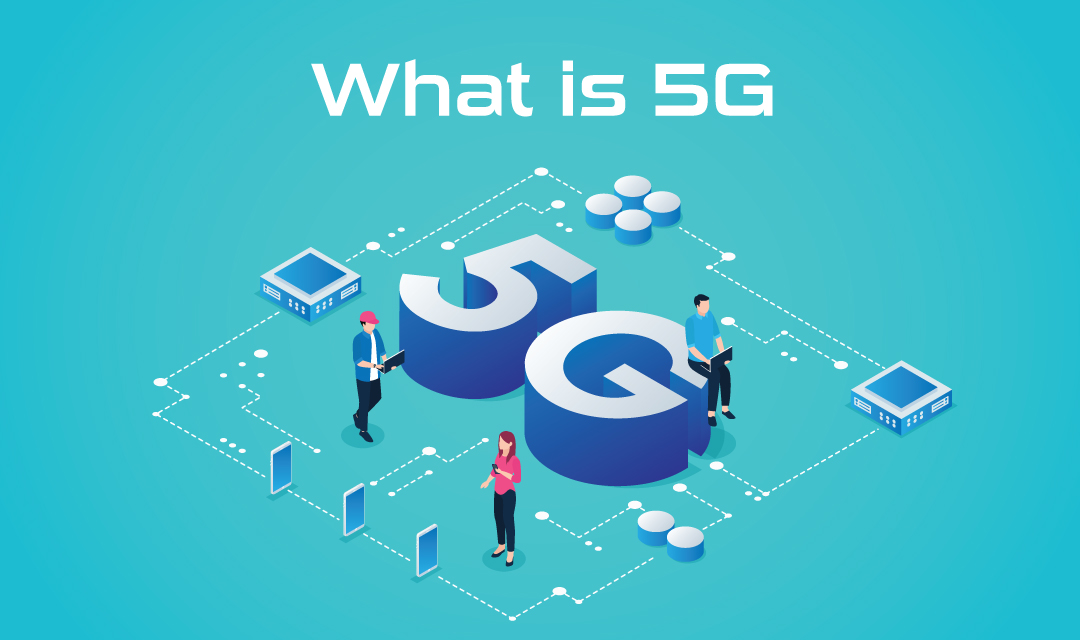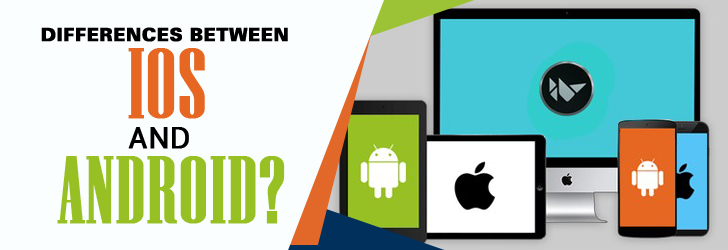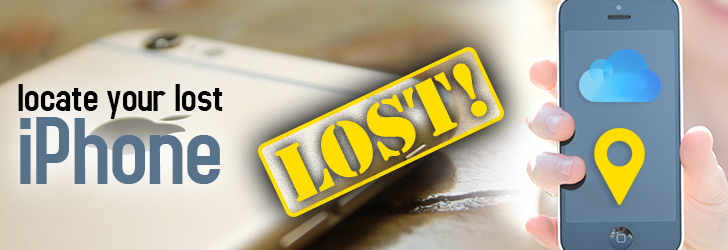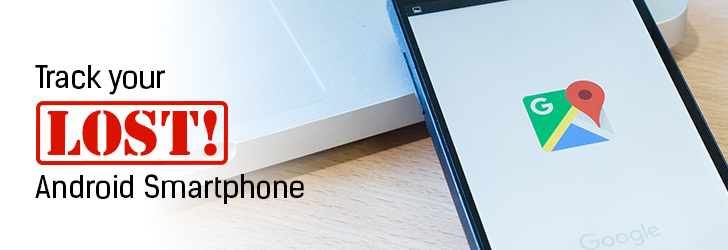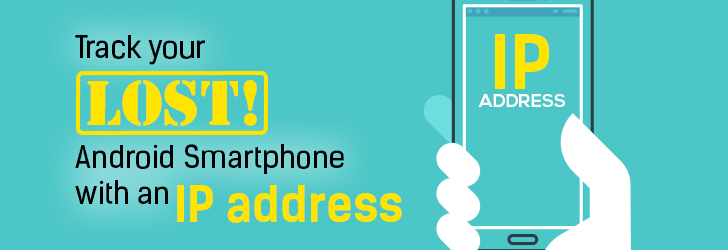
We often hear protecting our online privacy requires us to follow security hygiene and beware of phishing and link baits and do not click on suspicious links from untrusted sources and follow best security practices. We also hear that we need to protect our online accounts with strong passwords and 2FA. Keeping up with the latest software patches, installing anti-virus and anti-malware software are all good practices to protect your devices.

.jpg)
